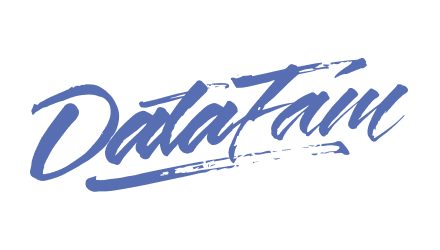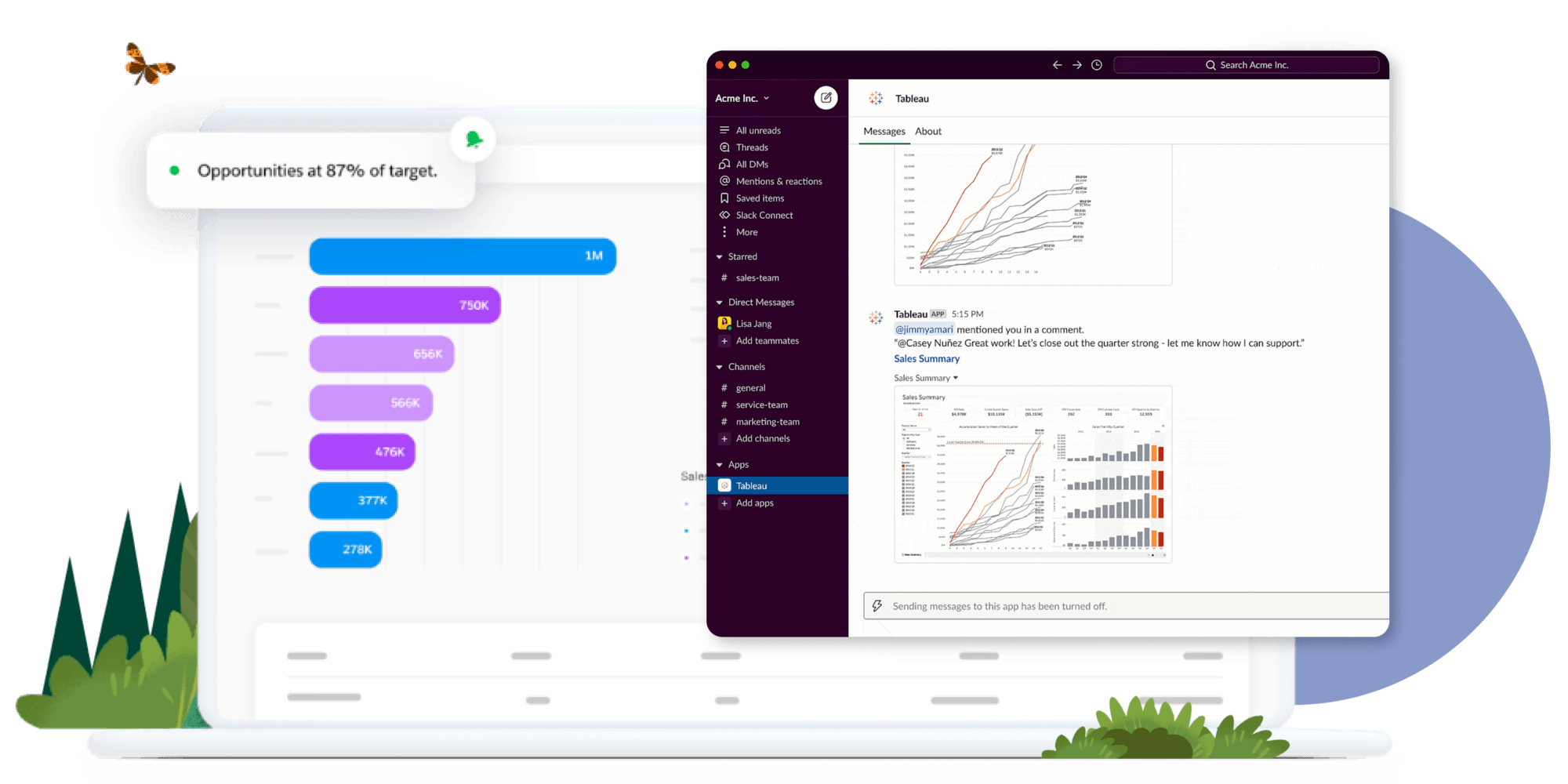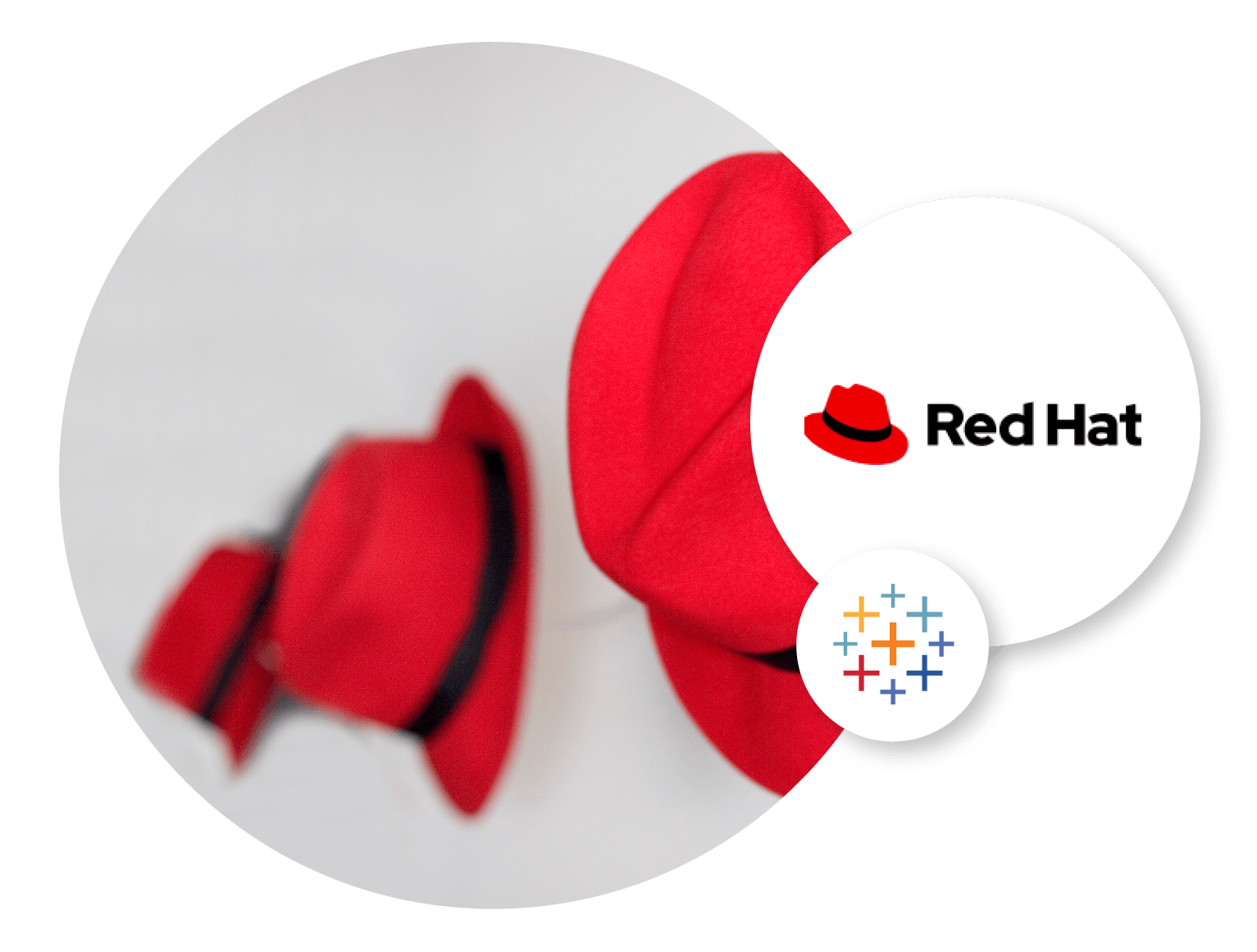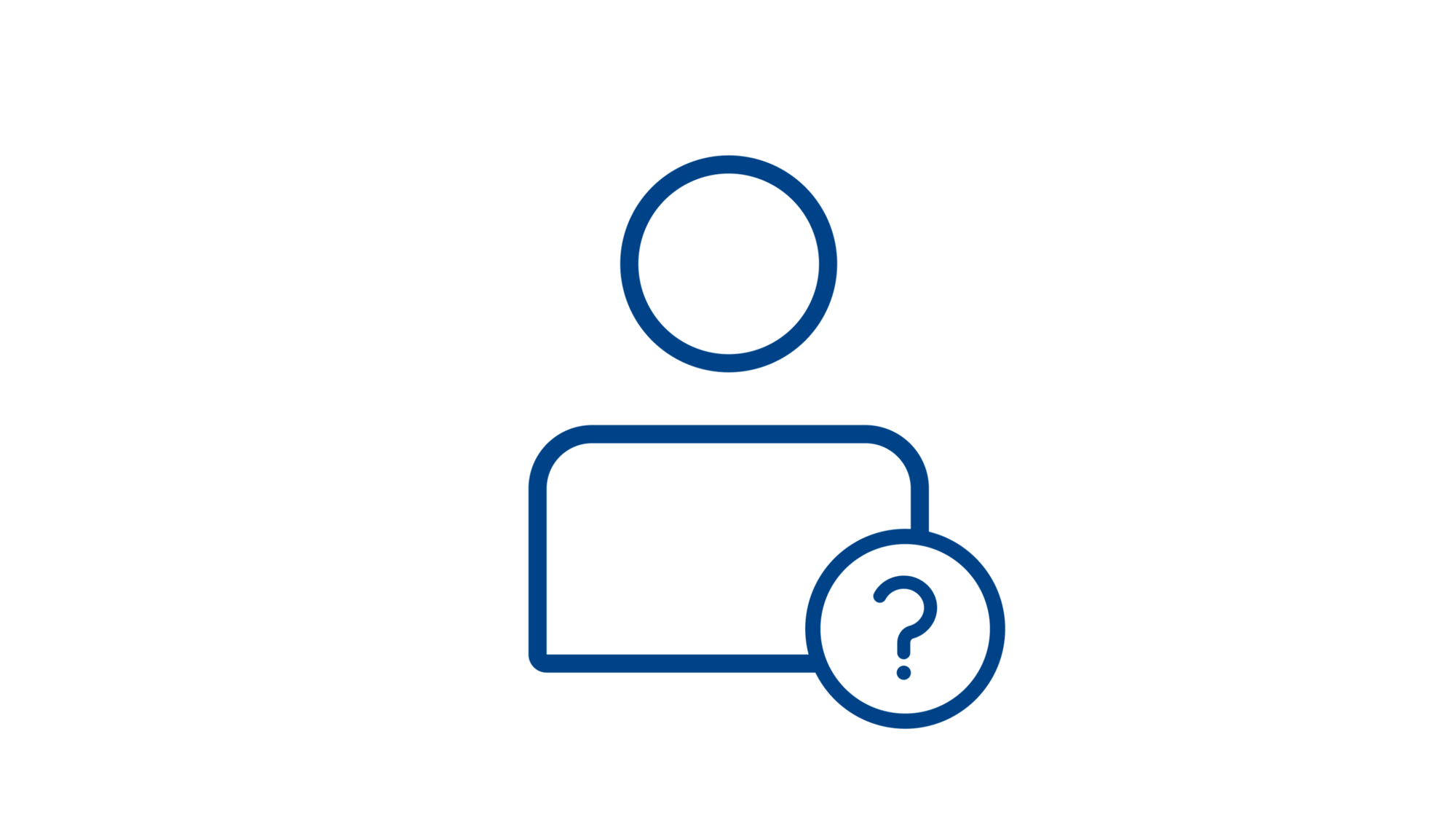Tableau Cloud
Empower smarter decisions with fast, flexible, easy analytics. Tableau Pulse is now available on Tableau Cloud.

![]()
Tableau Cloud is the new Tableau Online. Experience a fully-hosted, cloud-based, enterprise-grade solution on the world's #1 analytics platform. As a fast, flexible, easy-to-use self-service platform designed to fit your enterprise architecture, it streamlines the power of data to make people faster and more confident decision makers from anywhere. Prepare your data, author, analyze, collaborate, publish, and share in Tableau Cloud.
Tableau Pulse is now generally available on Tableau Cloud, empowering every employee with intelligent, personalized, and contextual insights delivered in the flow of work.

GET A TABLEAU CREATOR LICENSE
Get Tableau Cloud, along with Tableau Desktop, Tableau Prep Builder, and Tableau Pulse as part of Tableau Creator.
Get Tableau Cloud
Tableau Cloud capabilities

Drive faster, smarter decisions
Instill confident decision-making and use the power of your data with intelligent tools like Tableau Pulse and Tableau Agent. Scale data-driven decision-making with AI-powered insights from Tableau Pulse and integrate data into your day-to-day tasks. With Tableau Agent, collaborate with a conversational AI assistant to breeze through data preparation and create visualizations faster. Map your data journey with Tableau Blueprint to become a data-driven organization.


Integrate data insights where you work
Move from insight to action right in your workflow. With Tableau for Slack, meet the Digital Headquarters for analytics: bring data into every conversation and get data-driven insights from anywhere. With Embedded analytics, seamlessly embed data and insights into your products and applications to empower your users and customers with data-driven insights. Gain access to offerings to jumpstart analysis with Accelerators, Connectors, Extensions, and more. With Tableau Pulse, get digestible data insights wherever you like to work, whether it’s Slack, email, Salesforce, or other applications. Check your metric performance on the go with Tableau Pulse Mobile.

Scale fast with easy and secure analytics
Integrate with your enterprise architecture and drive digital transformation. Never configure servers, manage software upgrades, or scale hardware capacity again. Deploy and scale mission critical analytics while maintaining control with Advanced Management capabilities, offering increased scalability, greater efficiency, and simplified security. Create and centrally manage multiple sites in your regions of choice to meet data residency and content security requirements with Tableau Cloud Manager.

Deliver trust and confidence in the data
Centralized governance, visibility, and control ensure your data is in the right hands with easy, automated authentication and permissions management. Integrate with your single sign-on (SSO) or identity provider. Securely access data across on-premise and cloud environments with Data Connect. Monitor usage in one environment to more efficiently stay in compliance. Enjoy up-to-date infrastructure with best-in-class, security certification standards like SOCII and ISO. Built into the platform, Data Management capabilities scale trusted data in a simple, repeatable way.
Jumpstart your analysis

Tableau Exchange is where you can access trusted resources built by both Tableau and our third-party partners to help you see faster time to value, address a large variety of use cases, and ultimately realize a greater return on your Tableau investment.

Join the DataFam
Join the Tableau Community to bring your data skills to the next level and create powerful connections.

Tableau for Slack
Put data at the center of every conversation and get insights right in the flow of work with Tableau for Slack. Get notifications right within your Slack workflow. Whether it's an alert when your data meets a certain threshold or a notice when someone leaves a comment, or an asset is shared with you, stay updated and informed from anywhere. Get insights integrated where you work, right at your fingertips.





